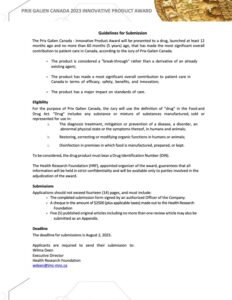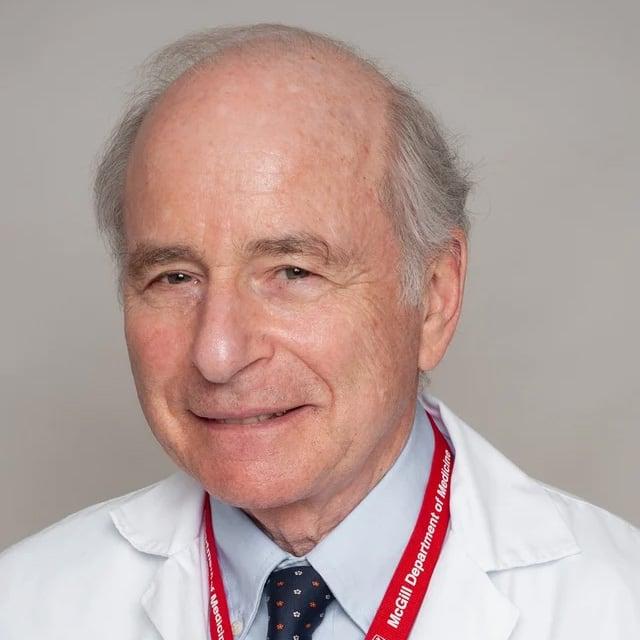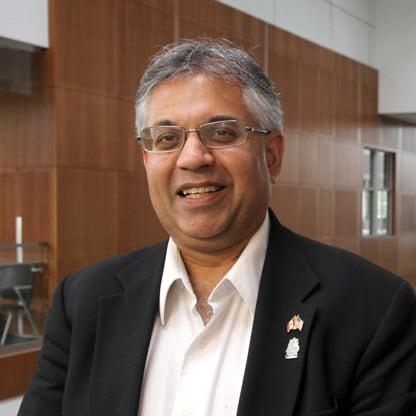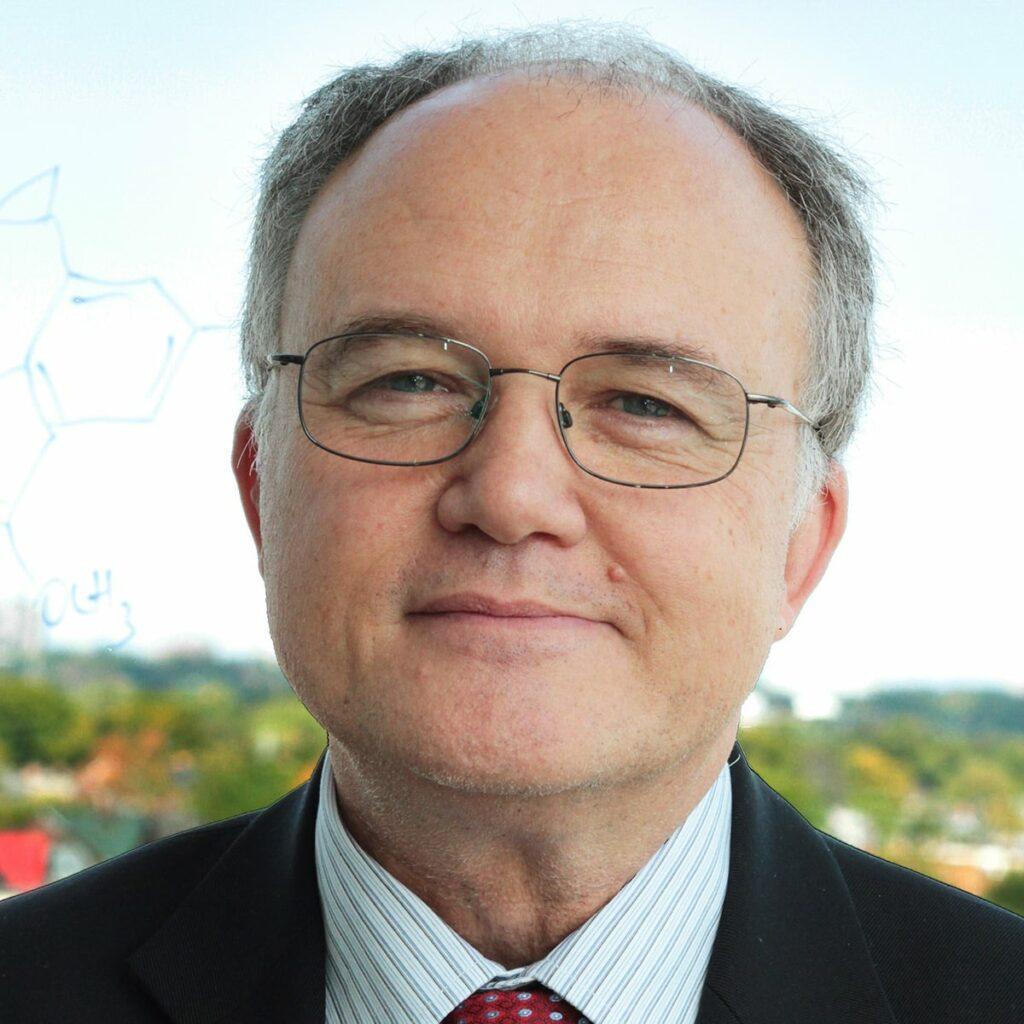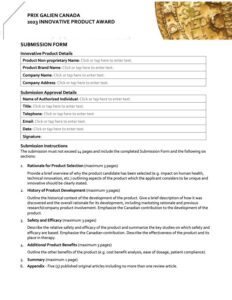
Featured Resources
Prix Galien Canada – Product Innovation Award Submission Form
The Prix Galien Canada – Innovative Product Award will be presented to a drug, launched at least 12 months ago and no more than 60 months (5 years) ago, that has made the most significant overall contribution to patient care in Canada, according to the Jury of Prix Galien Canada.

